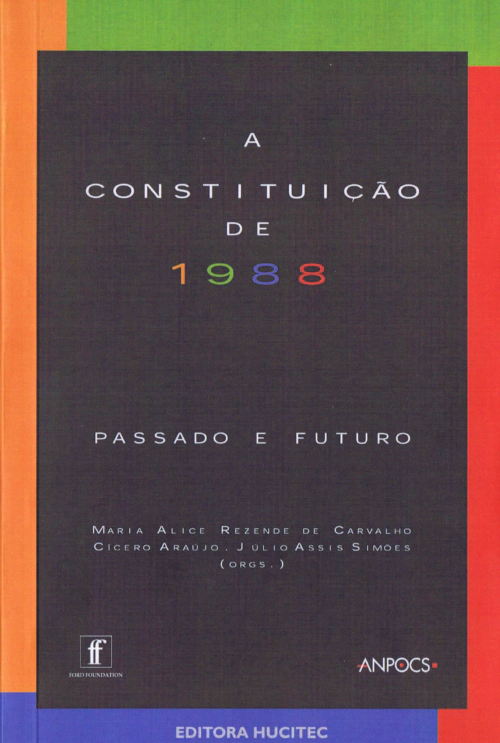Looking for Centrão: Right and Left in the 1987‑88 Brazilian Constituent Assembly [in Portuguese]

Abstract
The National Constituent Assembly (ANC) of 1987-1988 in Brazil started without a reference text, aiming to create an inclusive constitutional commission from scratch. This study examines how such a diverse assembly achieved coherent results, focusing on the mechanisms through which various tendencies coalesced to form the new Constitution, and the control and constraint mechanisms used. From a neo-institutionalist perspective, the final outcome was shaped by the ANC’s internal rules rather than just individual preferences. This study identifies the determinants of institutional choices made by the constituents. Using rational choice theory, which posits that actors design institutions to maximize their preferences, the study analyzes the role of mechanisms introduced by the "Centrão." It also examines the behavior of this group, noting its lack of homogeneity. A systematic analysis of nominal votes will position the "Centrão" within the ANC’s political dynamics.